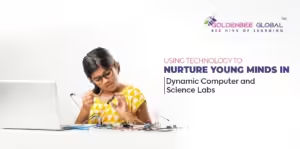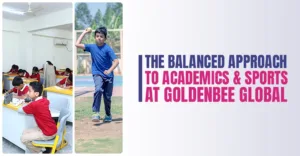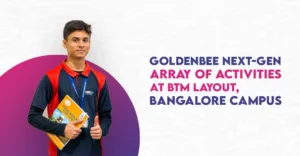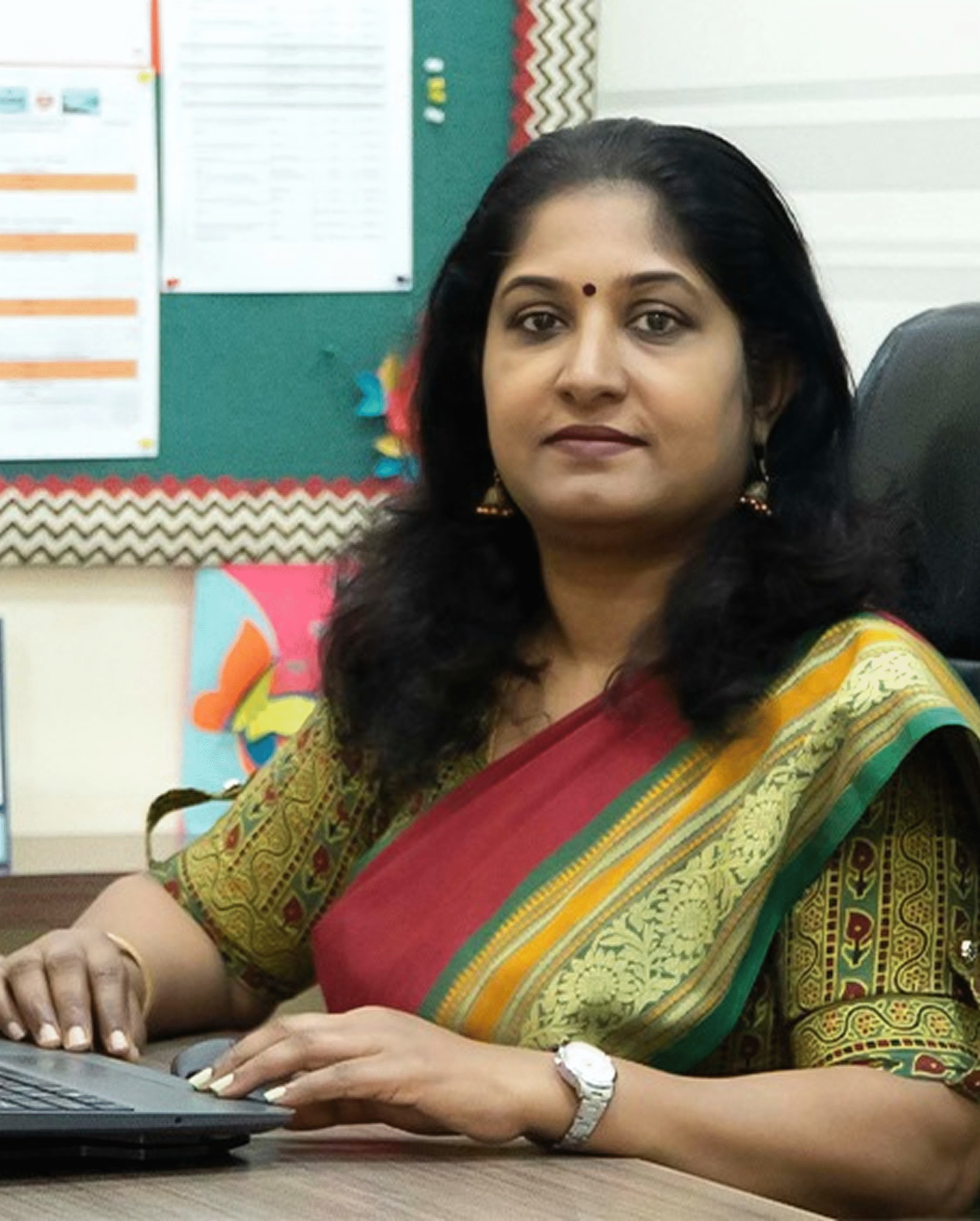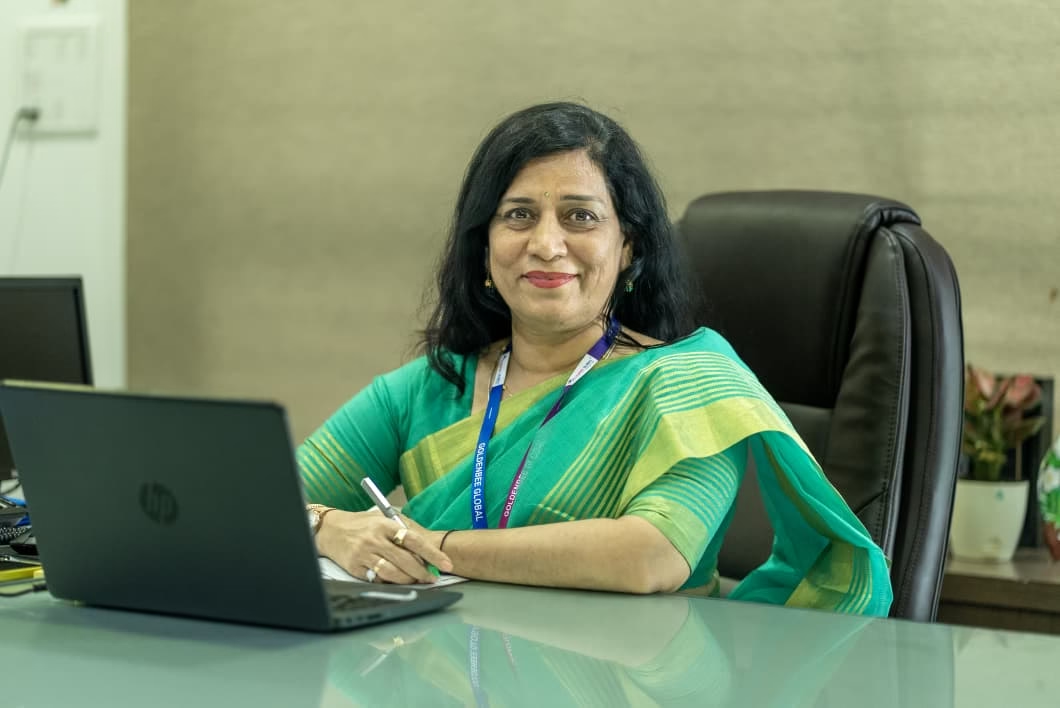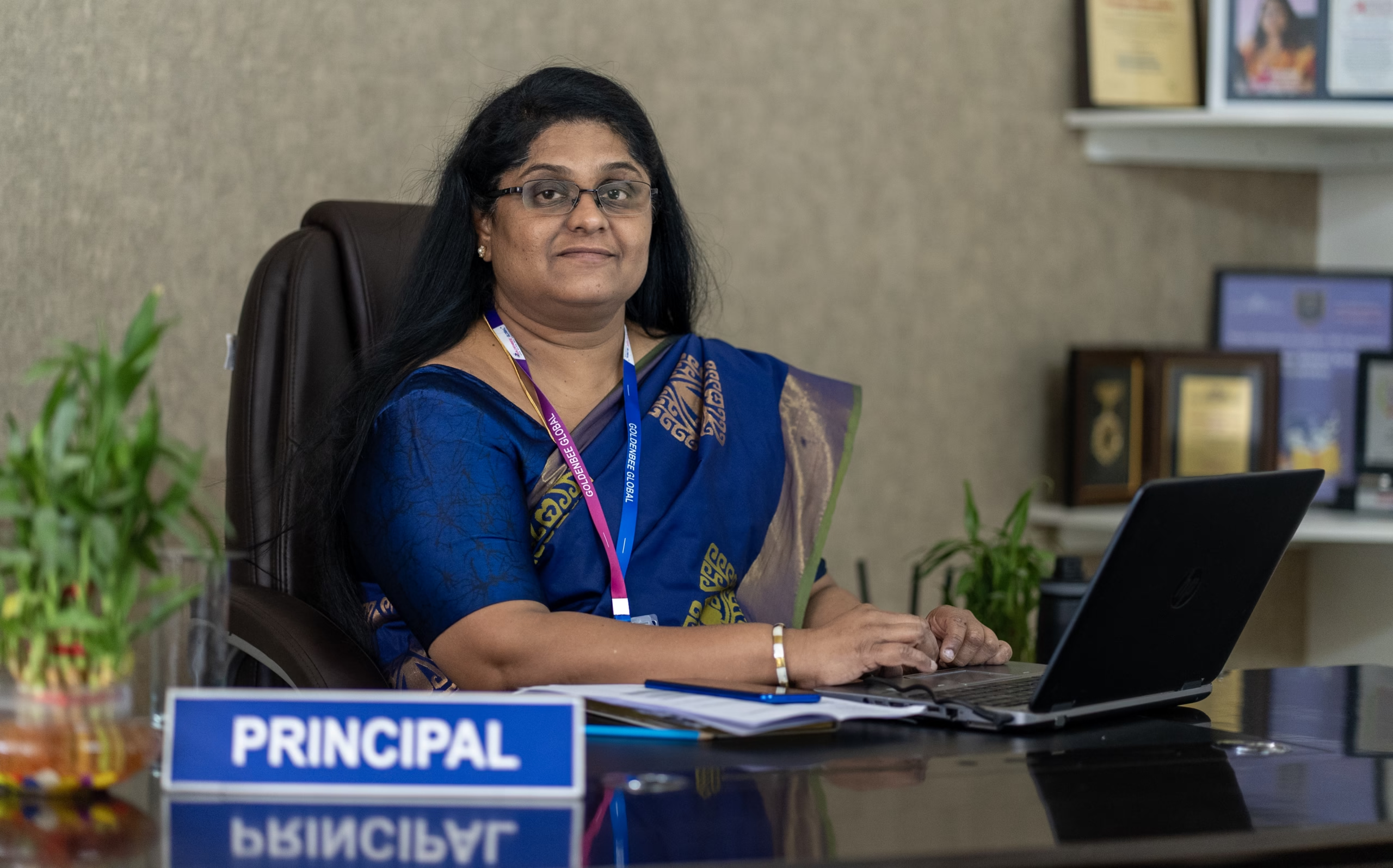The preparation of today’s student to be an even better learner in tomorrow’s world depends on the development of curiosity and ingenuity within a young mind. Even after all these years of modernization, one of the most positive ways to create an environment that encourages creativity, critical thinking, and hands-on learning continues to be using advanced technology, both through computers and science labs.
Role of Technology in Contemporary Life
Theory into Practice
The role of technology in modern education transforms the learning experience by making classrooms interactive. Computer and science labs allow going beyond textbooks to expose students to real-world applications. This could be in terms of coding software, simulating scientific experiments, or perhaps even virtual ecosystems, giving learners a direct connection with theory into practice.
By using dynamic tools such as 3D printers, interactive whiteboards, and virtual reality kits, students will understand abstract concepts in concrete terms. Their abilities will improve along with their overcoming of complex problems, and their innovative ability will be enhanced.
Tailoring the Experience of Learning
No two students are alike, and technology makes learning experiences tailored to individual needs possible. Computer labs allow students to work at their own pace, access particularized resources, and pursue subjects of interest in greater depth online. Interactive simulations and educational software further enable students to conduct virtual experiments—that is, explore an idea without the constraints of a setup.
With AI in the education sector, instant feedback, tracking of progress, and even adapting the lesson to the needs of each individual can be addressed. This will make it more inclusive and encouraging and ensure that no child gets left behind.
Science Laboratories: The Quest for Curiosity
Learning by Doing it Yourself
The science lab is where discovery comes alive because students involve themselves in experiments that relate scientific principles to real-life situations. Hands-on learning is essential in developing a person’s knowledge of biology, chemistry, physics, and other related subjects. It trains necessary skills in critical thinking that could go way beyond the classroom dissecting a frog to witnessing chemical reactions.
Modern science labs enhance the learning process with their technological sophistication, including digital microscopes, data loggers, and cloud-based lab notebooks.
These tools allow for data capture with a high degree of accuracy, help facilitate analysis, and aid in the opportunity to replicate experiments virtually—an inimitable feature of inculcating scientific inquiry and innovation.
Encouraging Cooperation and Communication
Collaborative work is at the heart of innovation, and science labs are the ultimate setting for developing student projects. Science labs bring to the students productive communication, delegation of tasks, and how to solve issues as a team. With the help of smartboards and collaborative software platforms, students can now share findings, track individual progress, and work together very quickly as natural scientists do in their work worldwide.
Not only would it give the learner a soft skill, but the learner would also learn and adopt teamwork to solve scientific challenges.
Computer Labs: Building Tomorrow’s Innovators
Coding: The Language of the Future
Coding is fast becoming a future job skill in the digital age, and students in computer labs learn Python, Java, and HTML to develop their software, apps, and websites. Such hands-on experience in coding with problem-solving helps develop this skill set and opens doors to tech and engineering careers, among many others.
Computational Thinking
Besides teaching coding, the computer lab teaches computational thinking, breaking complex problems into workable parts. Teaching algorithms and data analysis help the students systematically and effectively work through issues’ applications.
In addition, access to robotics kits enhances an enabling learning environment where students can design, build, and program their robots to solve real-life problems and infuse technology with creativity. This type of innovation also determines the development of future engineers, developers, and tech leaders.
Conclusion
Putting modernity into computer and science labs means education and molding future change agents: problem-solvers and innovative thinkers to build for the future. We provide them with tools and environments to explore, experiment, and collaborate, gearing them up for a future where flexibility, creativity, and increased understanding will be called for. As schools embrace this technological leap, so do student growth and success possibilities.

